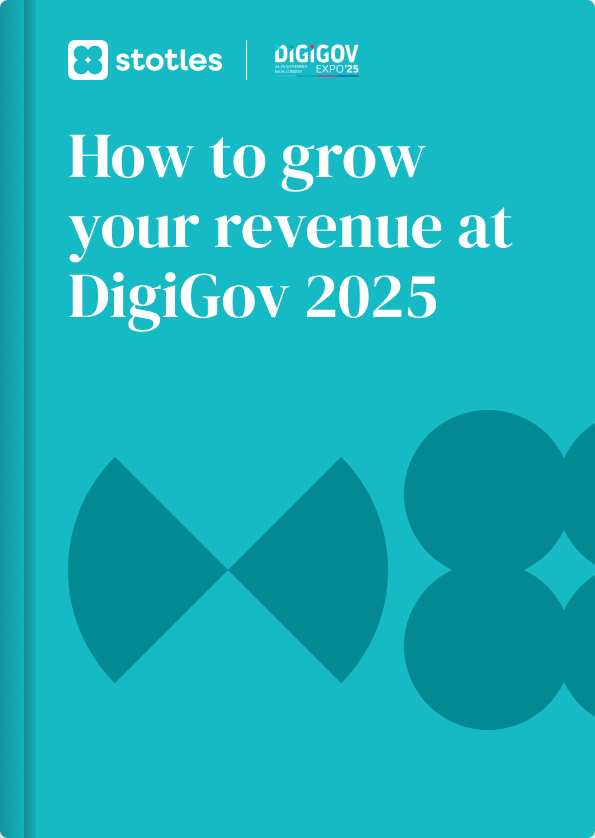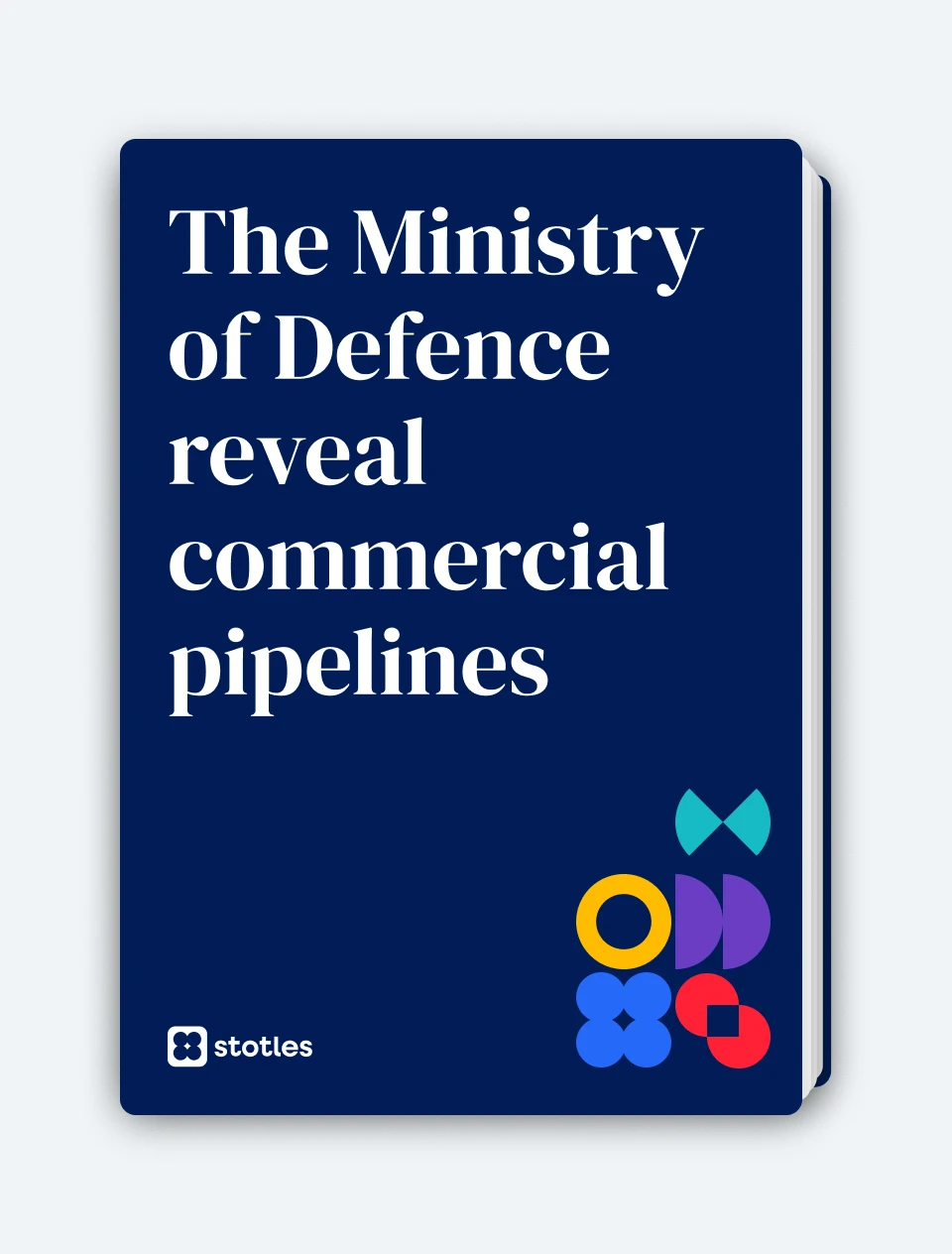Blog Post
Tender Evaluation Software Explained: Features and Benefits Guide
Written
January 7, 2026
by
Connor


Blog Post
Tender Evaluation Software Explained: Features and Benefits Guide
Written
January 7, 2026
by
Connor
Blog Post
Tender Evaluation Software Explained: Features and Benefits Guide







.jpg)

.webp)

.webp)
.png)


.png)
.jpg)
%20(1).png)
%20(1).png)
.jpg)
%20(1).png)


























.webp)












.png)

.png)
.png)
.png)











